"Dinar stability hinges on sound economic policy"
NBS Governor Radovan Jelašić says that the dinar’s value will depend on the economic policy chosen by the new government.
Tuesday, 10.06.2008.
12:21

NBS Governor Radovan Jelasic says that the dinar’s value will depend on the economic policy chosen by the new government. “The formation of a government is a necessary condition for currency stability, but is not sufficient by itself. It’s vital that a restrictive budget is applied, in order to reach our primary aim for this year of 6.5 percent inflation,” explained Jelasic. "Dinar stability hinges on sound economic policy" The NBS governor added that the National Bank would be monitoring the exchange rate, and, if necessary, would intervene to keep it under control. “The only way to prevent a sudden rise in the dinar’s value is for the central bank to buy up foreign currency. Since the parliamentary elections of May 11, the NBS has not sold euros on the foreign currency market, and moreover, the dinar has been getting stronger,” he said. Commenting on the danger that the rise in oil prices on the world market was accelerating inflation in Serbia, Jelasic stressed that the state was able to bring its influence to bear on fuel prices, as well as control the influence of fuel price hikes on the costs of other goods. “Clearly, there can be no enhancement of social policy or a better standard of living without stable prices,” the NBS governor pointed out. The state, he said, had no need to borrow from the central bank until September, because budget revenue and spending would be balanced until then. “After September, if necessary, the state can borrow on the market because the NBS has created a market that functions well,” added Jelasic. Radovan Jelasic (FoNet, archive)
"Dinar stability hinges on sound economic policy"
The NBS governor added that the National Bank would be monitoring the exchange rate, and, if necessary, would intervene to keep it under control.“The only way to prevent a sudden rise in the dinar’s value is for the central bank to buy up foreign currency. Since the parliamentary elections of May 11, the NBS has not sold euros on the foreign currency market, and moreover, the dinar has been getting stronger,” he said.
Commenting on the danger that the rise in oil prices on the world market was accelerating inflation in Serbia, Jelašić stressed that the state was able to bring its influence to bear on fuel prices, as well as control the influence of fuel price hikes on the costs of other goods.
“Clearly, there can be no enhancement of social policy or a better standard of living without stable prices,” the NBS governor pointed out.
The state, he said, had no need to borrow from the central bank until September, because budget revenue and spending would be balanced until then.
“After September, if necessary, the state can borrow on the market because the NBS has created a market that functions well,” added Jelašić.










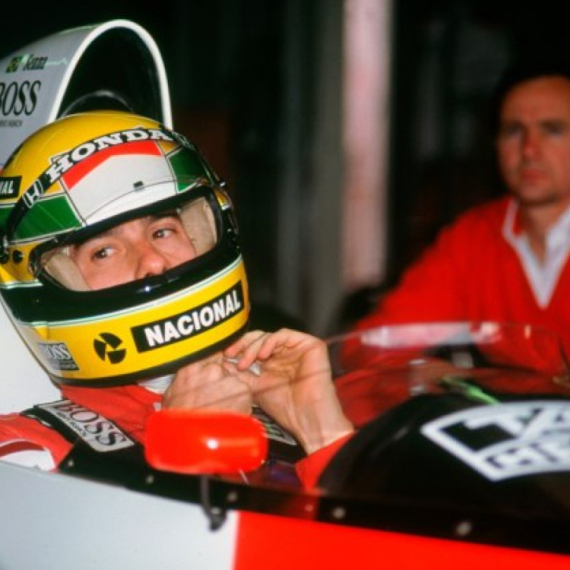
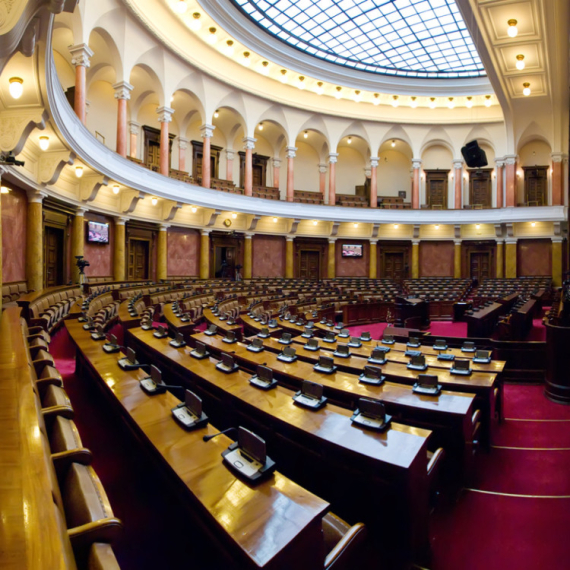


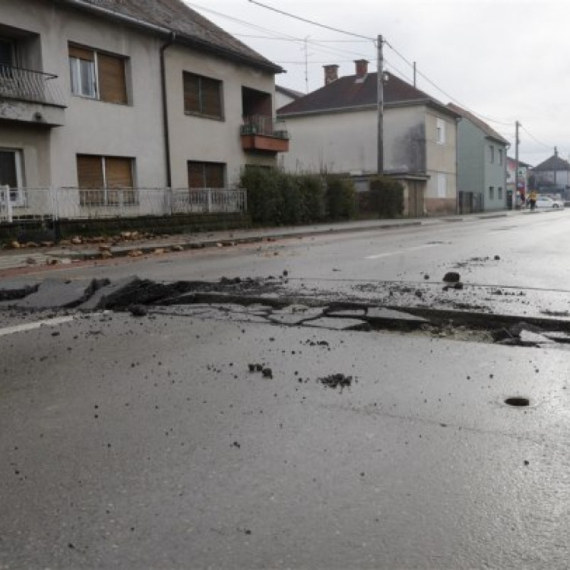

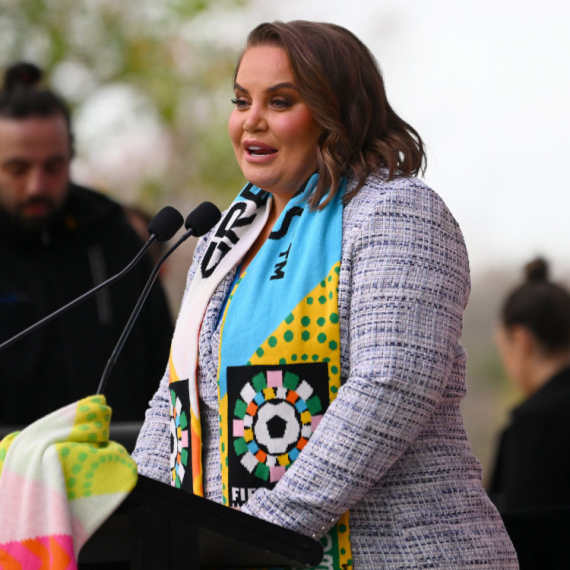
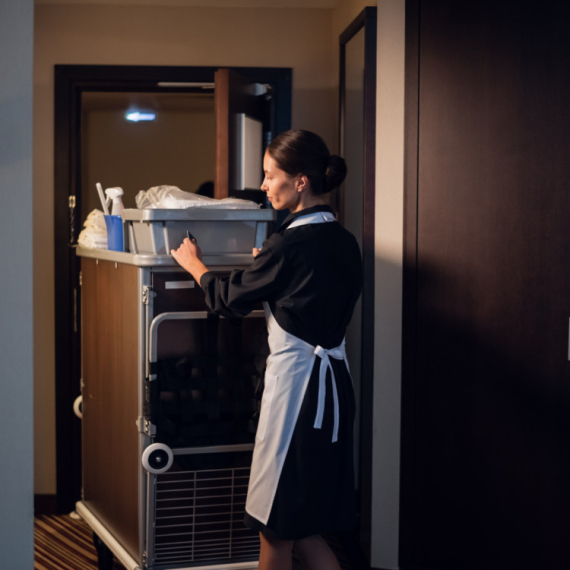

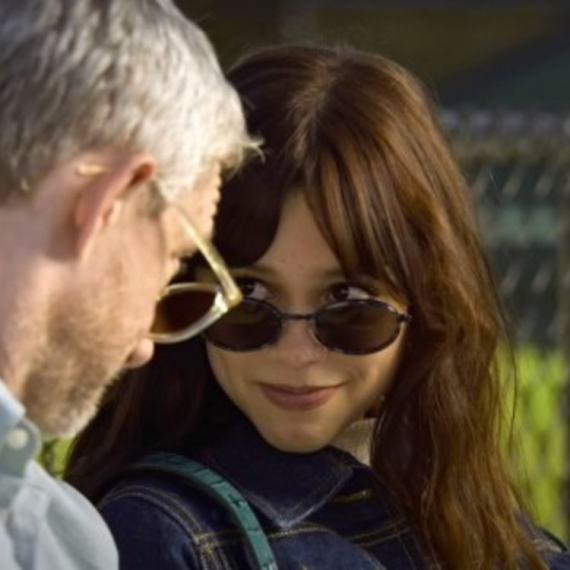
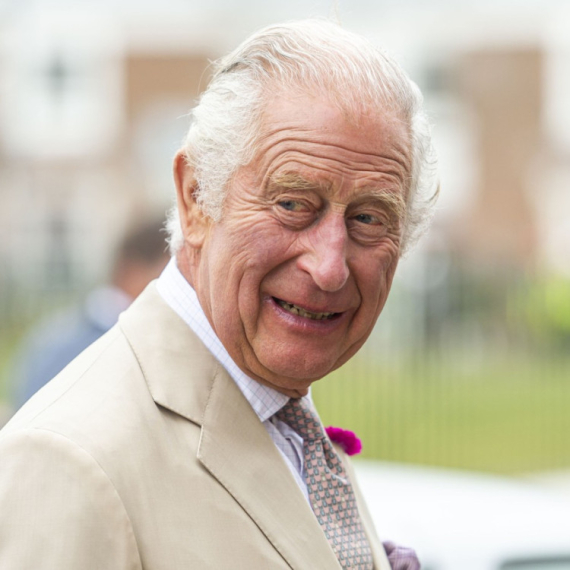
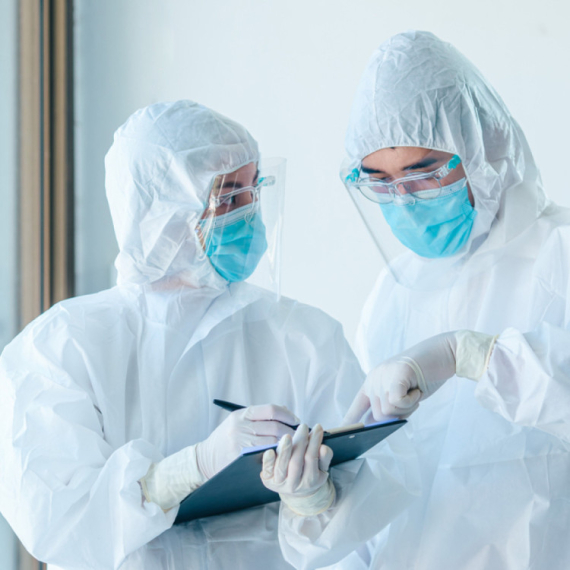





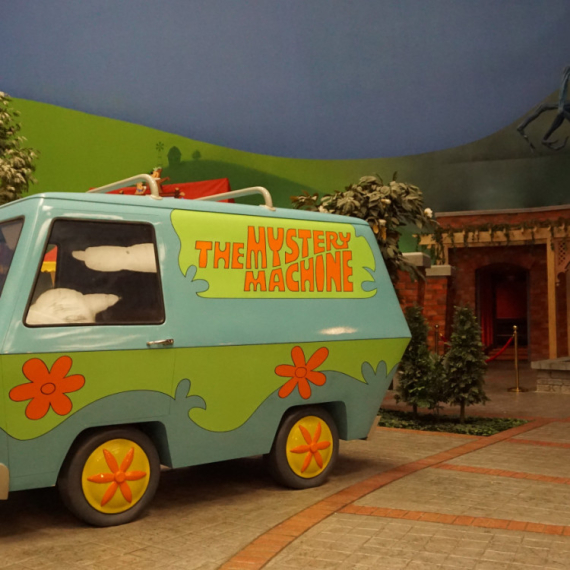


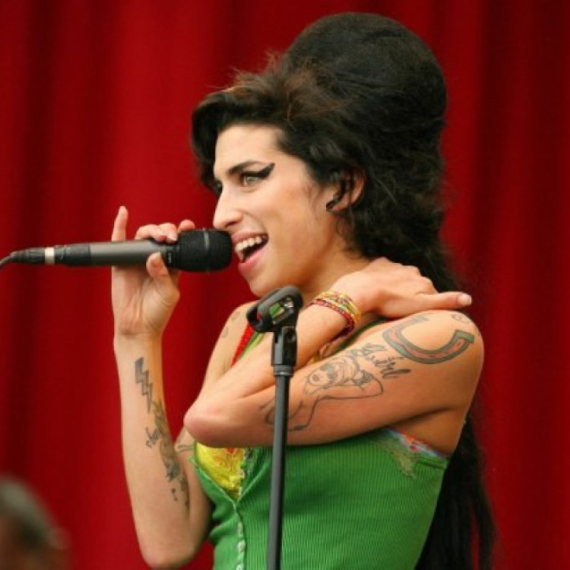







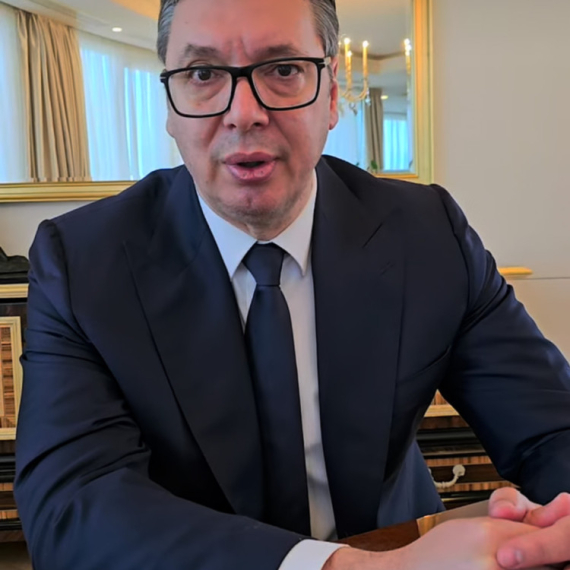
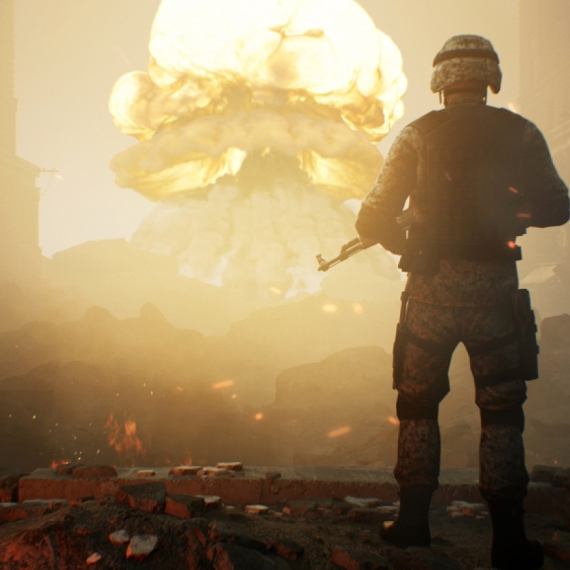
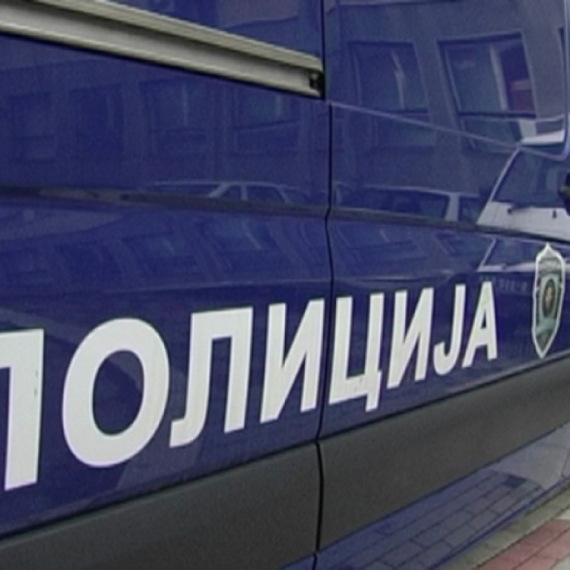
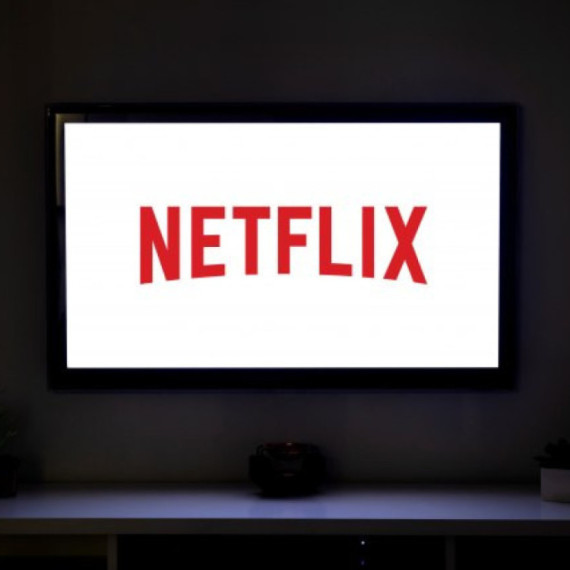

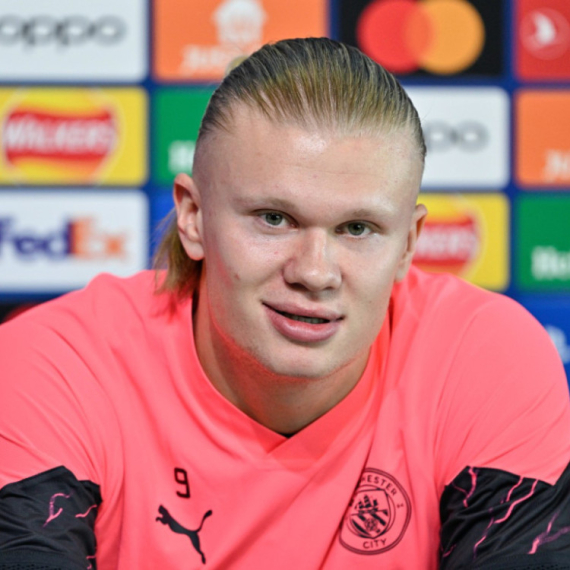


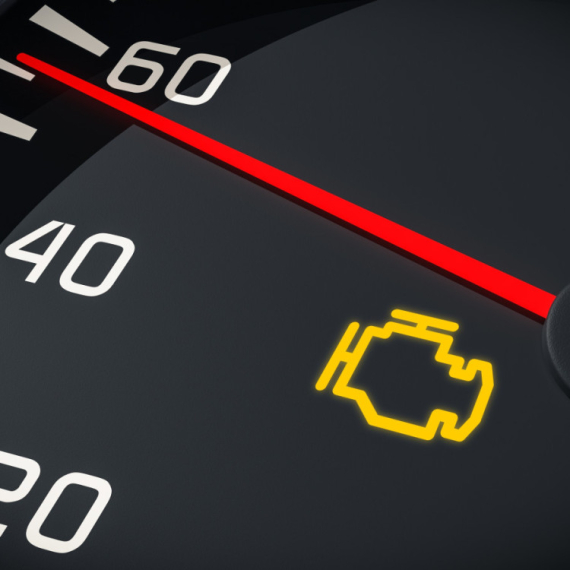
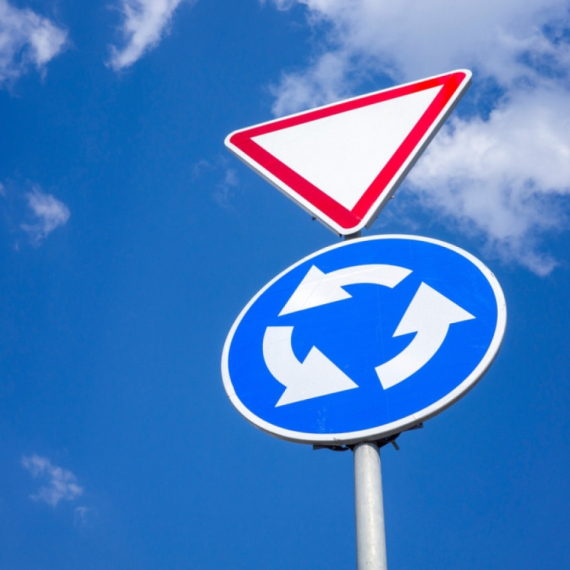



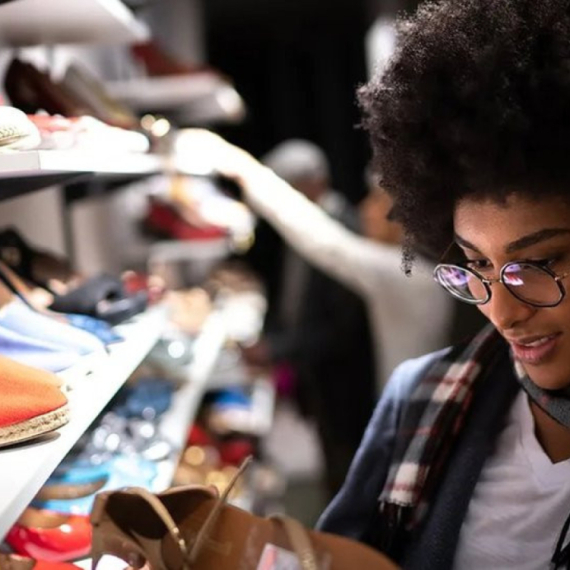

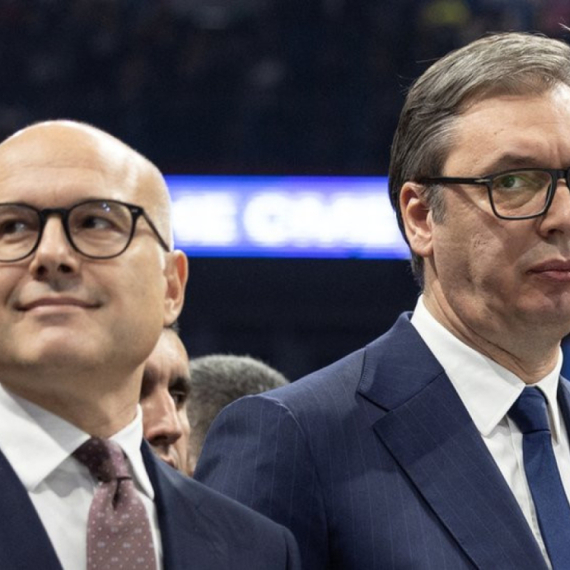
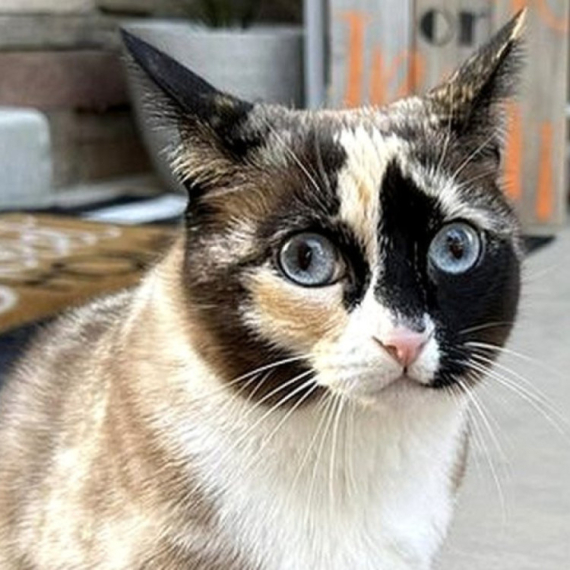
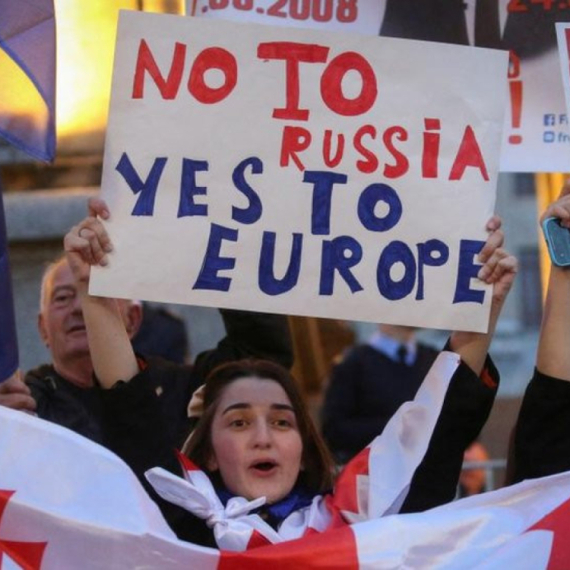

Komentari 0